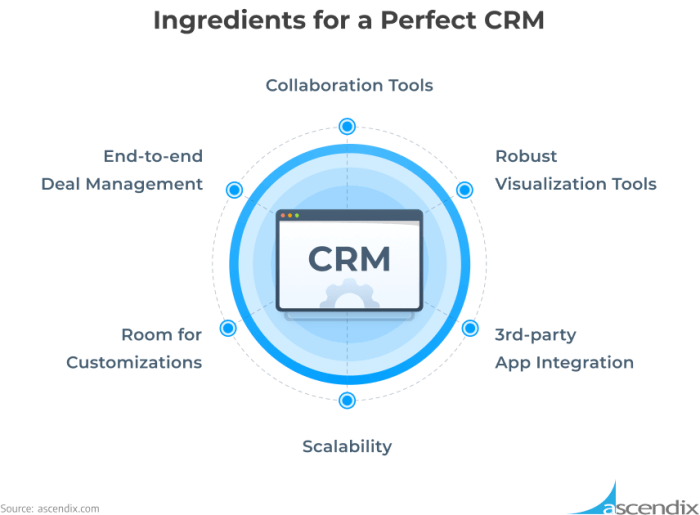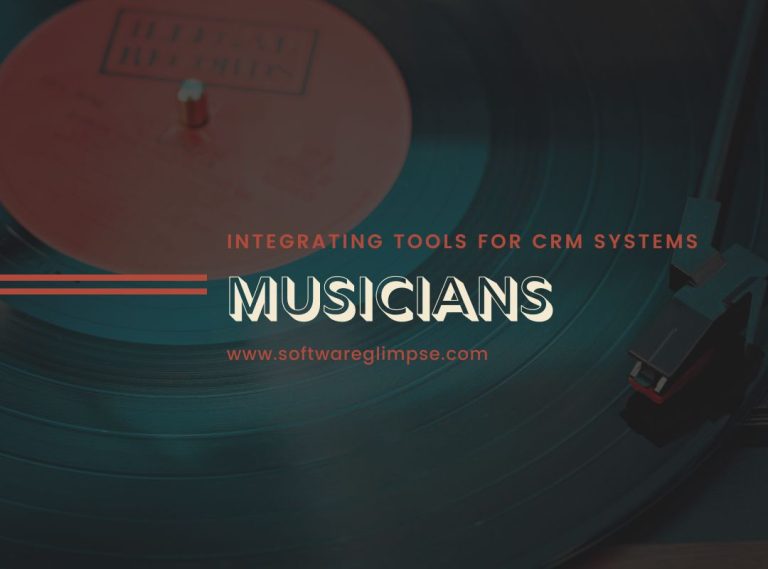Best crm software for private equity – The private equity (PE) industry thrives on relationships. From sourcing deals and managing portfolio companies to nurturing limited partner (LP) interactions, strong relationships are the bedrock of success. A robust Customer Relationship Management (CRM) system is no longer a luxury but a necessity for PE firms of all sizes. This comprehensive guide explores the best CRM software options specifically tailored to the unique needs of private equity professionals, helping you navigate the complexities of deal flow, portfolio management, and investor relations.
Understanding the Unique CRM Needs of Private Equity Firms
Private equity firms have distinct requirements that go beyond standard CRM functionalities. They need systems capable of managing complex deal pipelines, tracking intricate investment details, and facilitating seamless communication across multiple stakeholders. Key features to consider include:
- Deal Flow Management: Tracking deal progress, from initial sourcing to closing, requires a system with customizable stages, detailed deal notes, and integrated document management.
- Portfolio Company Management: Monitoring key performance indicators (KPIs) for portfolio companies, managing communication with management teams, and tracking investment performance demands robust reporting and analytics capabilities.
- Investor Relations Management: Maintaining strong relationships with LPs requires a system capable of managing communication, distributing reports, and tracking investor interactions.
- Contact Management: Managing a vast network of contacts, including potential targets, investors, advisors, and service providers, needs a system with advanced search and filtering capabilities.
- Security and Compliance: Protecting sensitive financial and confidential information is paramount. The CRM system must adhere to stringent security and compliance standards.
- Integration Capabilities: Seamless integration with other essential business tools, such as financial modeling software, email platforms, and deal sourcing databases, is crucial for efficiency.
Top CRM Software Solutions for Private Equity
Several CRM platforms stand out for their ability to meet the specific needs of private equity firms. The best choice will depend on the firm’s size, specific requirements, and budget. Here are some leading contenders:

Source: ascendix.com
1. Salesforce, Best crm software for private equity
Salesforce, a market leader in CRM, offers highly customizable solutions with robust features suitable for large and complex PE firms. Its scalability, extensive app ecosystem, and powerful reporting tools make it a popular choice. However, its complexity can lead to higher implementation costs and a steeper learning curve.
2. Microsoft Dynamics 365
Microsoft Dynamics 365 provides a comprehensive suite of business applications, including a robust CRM solution. Its integration with other Microsoft products, such as Excel and Outlook, enhances efficiency. It offers a good balance between functionality and ease of use, making it suitable for firms of various sizes.
3. HubSpot
HubSpot, known for its inbound marketing capabilities, also offers a powerful CRM with features suitable for PE firms. Its user-friendly interface and strong reporting features make it a good option for firms looking for a more streamlined solution. While it may lack some of the advanced features of Salesforce or Dynamics 365, its affordability and ease of use are attractive.
4. DealRoom
DealRoom is a purpose-built CRM specifically designed for private equity firms. It offers features tailored to deal flow management, portfolio company monitoring, and investor relations. Its focus on the specific needs of the PE industry makes it a strong contender for firms seeking a specialized solution.
5. iDeals
iDeals provides a secure virtual data room (VDR) and CRM solution integrated into one platform. This combination streamlines the deal-making process by facilitating secure document sharing and communication alongside contact and deal management.

Source: softwareglimpse.com
Choosing the Right CRM for Your Private Equity Firm
Selecting the optimal CRM involves careful consideration of several factors:
- Firm Size and Complexity: Larger firms with complex deal pipelines may require a more scalable and feature-rich solution like Salesforce. Smaller firms may find HubSpot or Microsoft Dynamics 365 more suitable.
- Budget: CRM solutions range in price, from affordable options like HubSpot to more expensive enterprise-level platforms like Salesforce.
- Integration Needs: Consider the firm’s existing technology stack and the need for seamless integration with other software.
- User Experience: The CRM should be user-friendly and intuitive for all users, regardless of their technical expertise.
- Customization Options: The ability to customize the CRM to meet specific business needs is crucial.
- Reporting and Analytics: Robust reporting and analytics capabilities are essential for tracking key performance indicators and making data-driven decisions.
Frequently Asked Questions (FAQs)
- Q: What is the average cost of a PE CRM? A: The cost varies significantly depending on the chosen platform, the number of users, and the required features. Expect to pay anywhere from a few hundred dollars per month to tens of thousands of dollars per year for enterprise-level solutions.
- Q: How long does it take to implement a PE CRM? A: Implementation time depends on the complexity of the system and the firm’s specific requirements. It can range from a few weeks to several months.
- Q: Can a CRM improve fundraising efforts? A: Yes, a CRM can significantly improve fundraising efforts by streamlining communication with LPs, tracking investor interactions, and providing insights into investor preferences.
- Q: What are the key metrics to track in a PE CRM? A: Key metrics include deal flow, investment performance, portfolio company KPIs, and investor engagement.
- Q: Is cloud-based CRM better than on-premise? A: Cloud-based CRMs are generally preferred for their scalability, accessibility, and reduced IT overhead. However, on-premise solutions might be considered for firms with stringent security requirements or concerns about data sovereignty.
Conclusion
Selecting the right CRM is a crucial investment for any private equity firm. By carefully considering the firm’s unique needs and evaluating the available options, PE firms can leverage the power of CRM to streamline operations, improve decision-making, and ultimately enhance their investment performance. Investing in a robust CRM is not just about technology; it’s about building and nurturing the relationships that drive success in the competitive private equity landscape.
References
- Salesforce
- Microsoft Dynamics 365
- HubSpot
- DealRoom (Note: Check for current URL as company websites can change)
- iDeals (Note: Check for current URL as company websites can change)
Call to Action: Best Crm Software For Private Equity
Ready to transform your private equity firm’s operations with a powerful CRM? Contact us today for a free consultation to discuss your specific needs and find the perfect solution for your business.
Quick FAQs
What are the key features to look for in a private equity CRM?
Key features include robust contact management, deal tracking capabilities, portfolio company management tools, investor relationship management (IRM) features, reporting and analytics dashboards, and seamless integration with other business applications.
How much does private equity CRM software typically cost?

Source: softwareglimpse.com
Pricing varies greatly depending on the features, number of users, and vendor. Expect a range from a few hundred dollars per month to several thousand, potentially more for enterprise-level solutions.
What are some examples of popular private equity CRM software?
Several platforms cater to private equity, including Salesforce, Microsoft Dynamics 365, and specialized solutions designed specifically for the industry. Researching individual platforms to match your specific needs is crucial.
Can a CRM improve fundraising efforts for a private equity firm?
Yes, a CRM can significantly aid fundraising by centralizing investor information, tracking communication, and providing insights into investor preferences and engagement levels, ultimately leading to more efficient and effective outreach.
